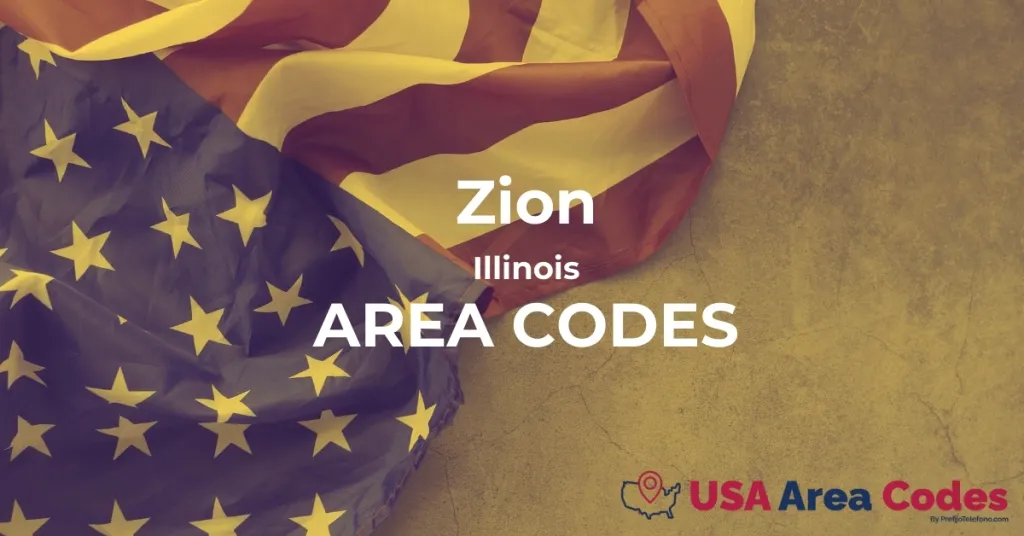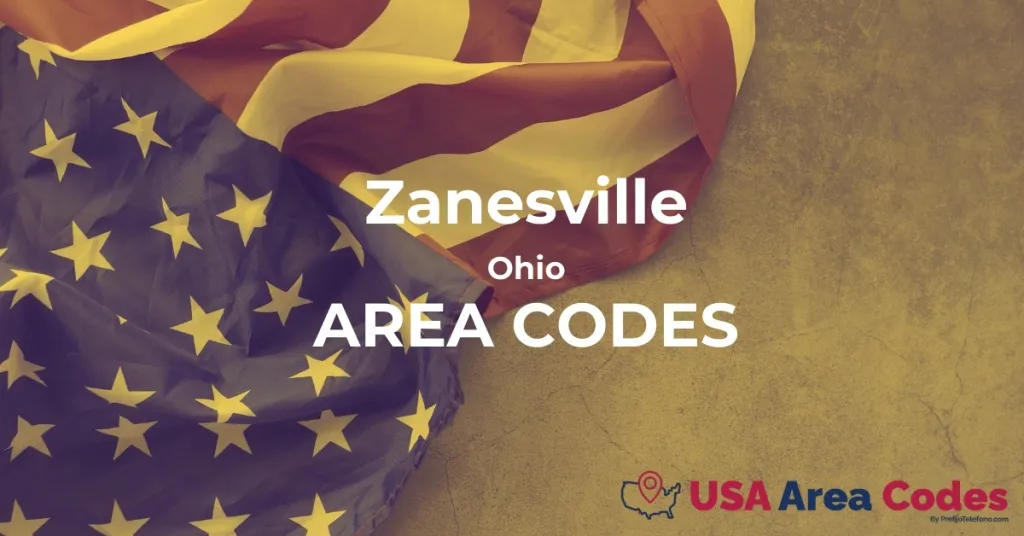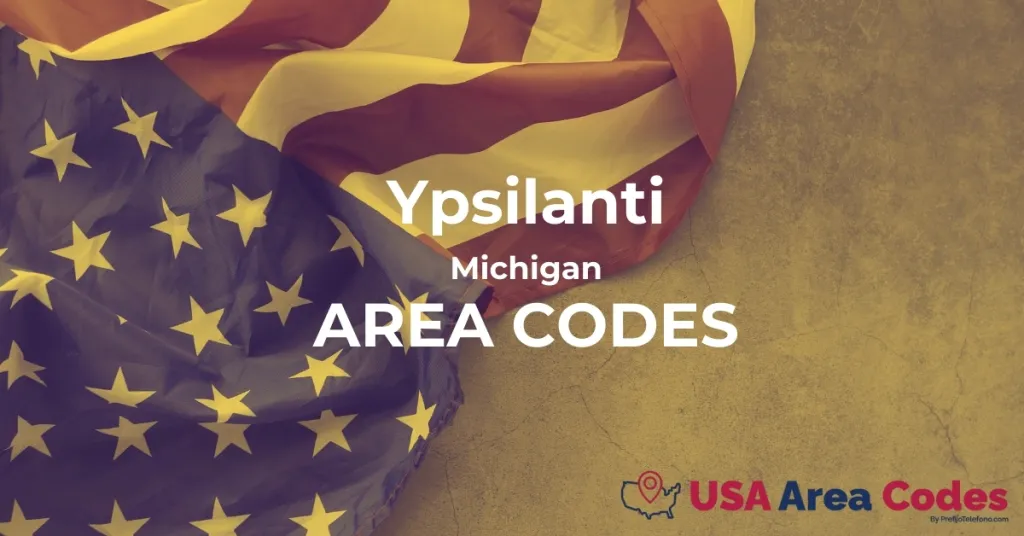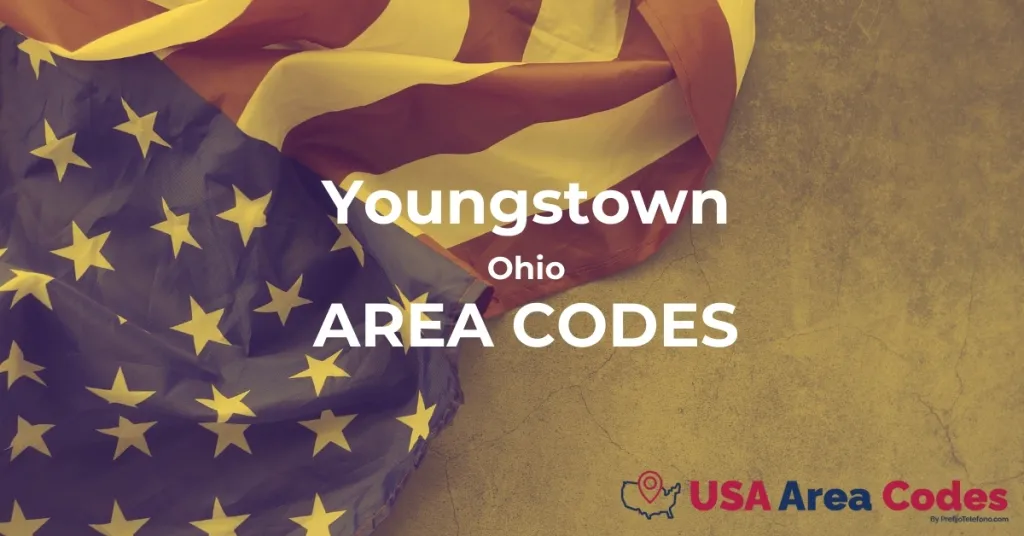Thornton, Colorado, located in Adams and Weld counties, ranks as one of the rapidly growing cities within the Denver-Aurora-Lakewood metropolitan area. Established as a community in the 1950s, Thornton incorporated as a city in 1990, primarily reflecting a post-World War II suburban expansion. The city initially developed around agricultural land but has since evolved into a residential and commercial hub, accommodating a population of over 140,000 as of the 2020 census.
Geographically, Thornton benefits from proximity to major highways, including Interstate 25, which facilitates access to Denver and other nearby locales. The city hosts several parks, open spaces, and cultural centers, emphasizing community engagement and quality of life.
Thornton's telecommunications landscape mirrors its growth, with increasing investments in broadband infrastructure to support its expanding population and businesses. Local government initiatives have aimed to improve overall connectivity, providing residents with greater access to high-speed internet and modern communication services. The city has also witnessed the establishment of various telecommunications providers, enhancing competition and service options.
With its blend of suburban charm and urban accessibility, Thornton stands out not only for its historical evolution but also for its ongoing commitment to advancing telecommunications, ensuring that both residents and businesses remain connected in a rapidly changing digital landscape.




















